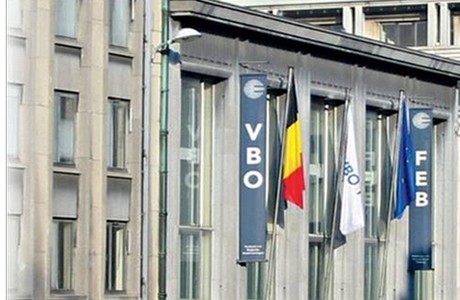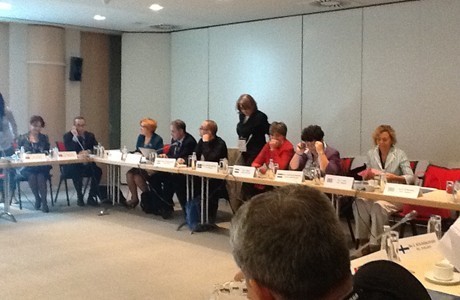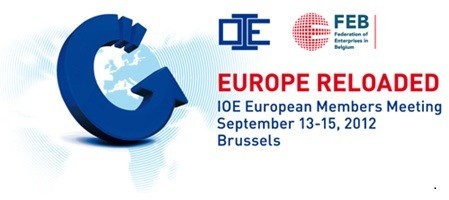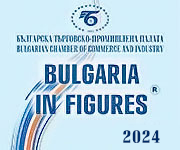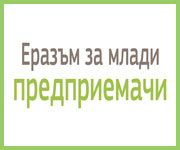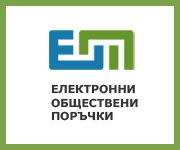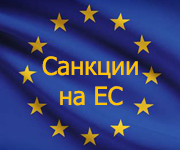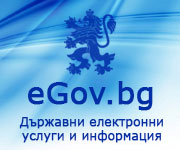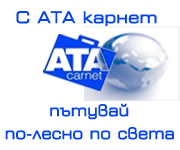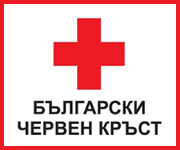Назад
Назад
Reform Processes in Member States – during the IOE European members meeting Tsvetan Simeonov presented the position of BCCI
During the second day the annual IOE European members meeting, the President of BCCI Tsvetan Simeonov, together with the representatives of the employers’ organizations of Poland, Portugal and Greece took part in the panel ““Responses to the Crisis: Reform Processes in Member States”. The President of BCCI presented the Chamber’s position and commented on the current economic status of Bulgaria and the results from a survey of the ranking of Bulgaria in international classifications and indices.
As external factors Tsvetan Simeonov pointed out the slow economic growth, largely affected by the world markets; the volatility of fuel prices; the debt crisis of our international trading partners; the decrease in the inflow of foreign investment. As internal factors the administrative interference in determining labour costs, the faults of the administrative services (institutions are ranked 110th place out of 139 countries according to Global Competitiveness Index, World Economic Forum), and the delay of state payments to the business sector, retention of VAT credit, delay of court proceedings, etc. were outlines. The positive role of the currency board introduced in our country in 1997 was emphasized.
Among the positive factors he pointed out the abilities of the Court of Arbitration at BCCI; the decisive actions taken by the Constitutional Court; limiting the term for settling debts of the State to the business.
In his speech the President of the Chamber reiterated the recommendations sent earlier to the Bulgarian Government: to preserve the 10% corporate and personal income tax rates and not to allow for them to be increased under foreign influence; to accelerate VAT refund; to continue reducing the number of regulatory regimes; to increase the number of provided electronic services by the state and municipal administration, including submitting the reports and documents required for EU projects electronically; to reduce the administrative fees; to simplify application procedures for EU Operational Programmes; effectively battling corruption; to removr the administrative increase of the minimum insurable income for sectors of industry in which no agreement has been reached.
As recommendations to the European Union, Tsvetan Simeonov listed: not to tolerate the countries which do not maintain fiscal discipline; not to insist on equal corporate tax rates or on imposing new taxes (e.g. financial transaction tax); and to optimize EU administration and if possible reduce the number of EU staff.
14.09.2012
Още новини:
-
05-09-2012

 1 USD =
1 USD =  1 GBP =
1 GBP =  1 CHF =
1 CHF =  ISO 9001:2015
ISO 9001:2015